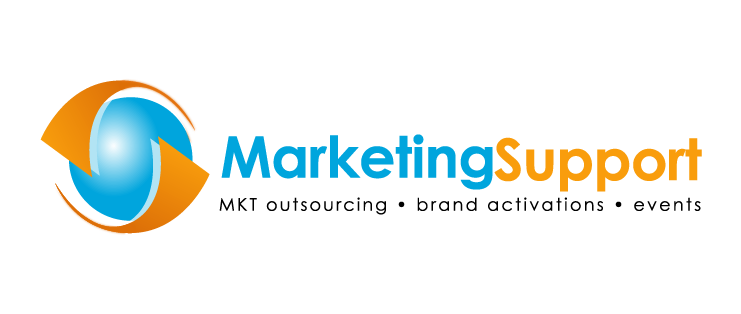It’s a fact: to succeed in business, sometimes you need to borrow money to keep cash flow steady. But what do you do if you have bad credit? What business financing options do you have?
Not to worry. Even if your business and personal credit scores are too low to qualify you for traditional business financing, you still may qualify for a secured business loan with the right lender, also called a collateral business loan.
What is a Collateral Business Loan?
Collateral is an asset, which is anything of value that you can pledge against a loan. We’ll get into what can be used as collateral in the next section, but here’s what you need to understand about collateral and asset-based financing.
Having a high-value asset gives the bank something to take and sell should you not be able to pay off your loan. This reduces the bank’s risk, which makes it more inclined to approve you for a loan.
Here’s an example: let’s say you want to borrow $50,000 and you have equipment worth $85,000. You pledge the equipment as collateral and get the money. One day you realize you will never be able to repay the loan, and you default. The bank can then seize that equipment and sell it to cover what you owe. If the bank gets more than what you owe, they’ll keep that, too.
Generally, banks want collateral that is easy to liquidate, or convert to cash. It’s easier for lenders to offer you financing when the collateral is heavy equipment like dump trucks or semis that can easily be sold than it is real estate that may take months or years to sell.
Just like with any type of bank loans , you’ll be given repayment terms, and, assuming you make all your monthly payments on time, you’ll also build your business credit.
What is Used as Collateral for a Business Loan?
- Paper assets
- Hard assets
- Future earnings
- Personal assets
- Heavy equipment
A lender loves it when you have paper assets like cash, CDs, or stocks that can be used as assets against your loan. They are the easiest to liquidate.
Hard assets need to be sold, and their value is less determinate. This includes things like equipment, vehicles, buildings, and inventory.
You can also pledge future earnings as your guarantee. Your invoices and accounts receivable have a value, though it isn’t guaranteed that the lender can collect on them, so you may pay a higher annual percentage rate to get your money.
If you have none of the above in your business, you may be required to give a personal guarantee with something useful site you own, like your car or home.
If you don’t qualify for a business loan without collateral, consider what you have to put up as a guarantee against the loan.
Collateral by Type of Business Loan
There are several types of collateral loans for small businesses, so find the one that best suits your needs. Some business lenders focus on certain types of loans, while others will offer multiple options. What they all have in common is that you will need to secure the loan with your asset(s).
SBA Loans
In most cases, you will need to come up with collateral for an SBA loan. If your business lacks adequate assets, your personal assets will be considered. However, and this is important to know: SBA loan collateral isn’t always required. If your loan application looks good other than the fact that you don’t have assets, you could still be approved as a borrower.

